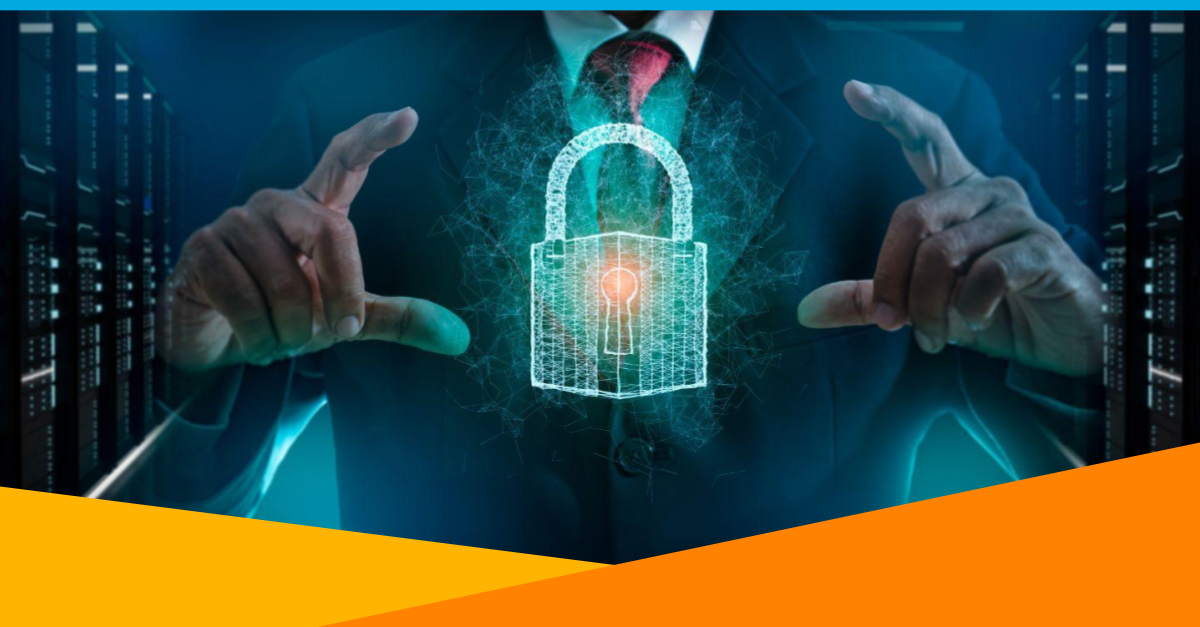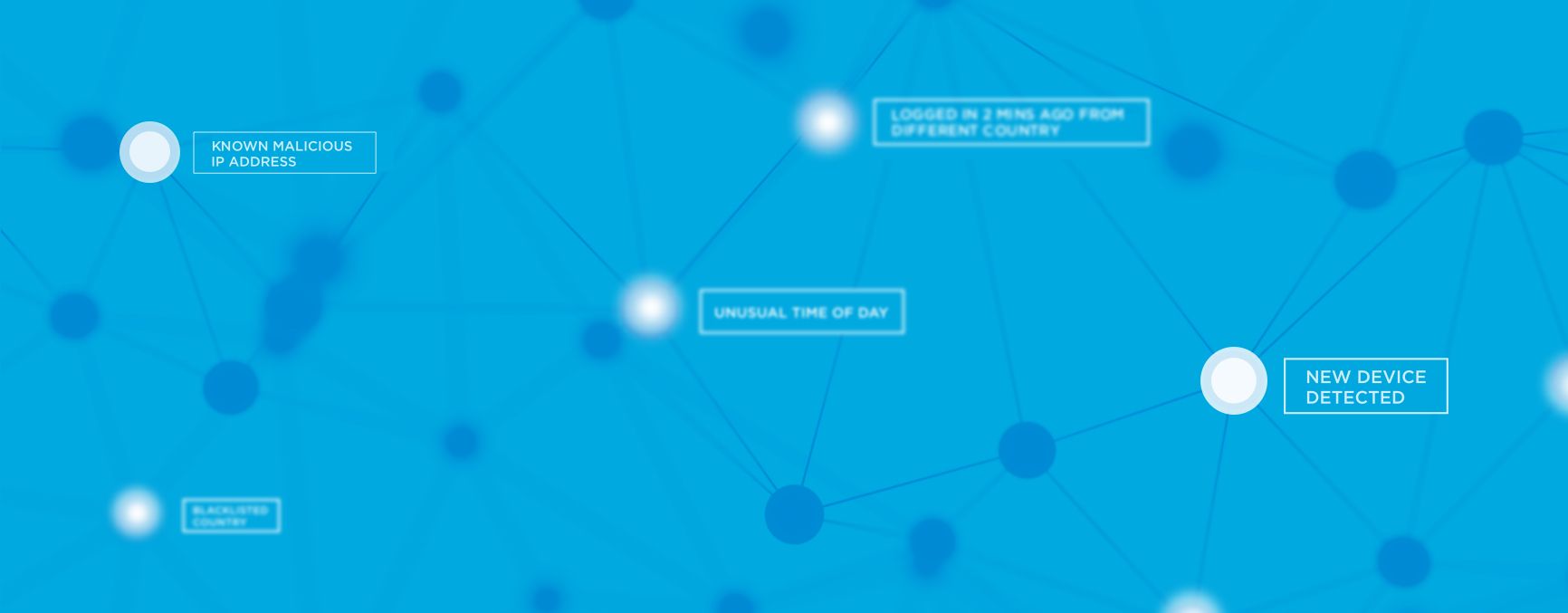
In case you didn’t know it is Cybersecurity Awareness Month. And the tagline from the Department of Homeland Security (DHS) is #BeCyberSmart. What we all need to know, what we all need to realize is that this is not just a message for folks that work in Information Technology (IT) or Security. This is a message for everyone.
Cybercriminals don’t just attack organizations, they are attacking everyone. According to the DHS:
- 1 out of 3 homes have computers with malicious software installed on them
- 47% of adults in America have had their personal information exposed by cyber criminals
- 118.7 million individuals have been impacted by cyber breaches in the first half of 2021
Everyone should be aware of cybercriminal dangers and take necessary precautions.
- Enable Multi-Factor Authentication (MFA)
- Don’t share passwords
- Minimize sharing personal and geolocation information
- Keep track of your apps
Enable MFA
MFA ensures that you are prompted for more than just a password when you are trying to log in to an application. This helps ensure that if your password has been compromised or stolen that bad actors can’t log in to your account. It might seem a hassle to wait for an email with a code or to have to use an app on your phone to provide a code every time you log in to an application, but it is a lot less of a hassle than having to deal with someone stealing your personal or financial information.
Don’t share passwords
This seems like a simple thing not to do, but people do still share their passwords. In fact, 31% of millennials reportedly share their passwords, more than any other generation. The more a password is shared the more likely it is to be compromised.
Minimize sharing personal and geolocation information
Many of us have gotten used to sharing information about ourselves and what we are doing on Facebook, Instagram, Twitter and every other social media platform out there. Unfortunately, this information can be used against us. Cybercriminals can use this information to hack into accounts or trick us into sharing more personal information or even giving them money by pretending to be someone we know. Don’t share any personal contact information and turn off geotagging to minimize the amount of information they have access to.
Keep track of your apps
Most of the time when we install apps on our devices they ask for permission to access other resources such as our contacts, microphone, camera, etc. There could be suspicious apps out there that simply want to access your resources and steal your information. Do not automatically grant apps permission to access resources, you want to follow the principle of “least privilege access” when it comes to others as well as apps accessing resources on your devices. Wait until the app actually needs access to something in order to function instead of giving it all the permissions it asks for up front. Also make sure that your OS and apps are as up to date as possible. This will ensure you have the latest security updates and provide additional protection.
We all know to lock our doors, be cautious when approached by strangers and not wander into dark alleys alone. We take these precautions to protect ourselves and our loved ones. What we don’t all do is protect ourselves in the same way within the cyberworld. We need to realize that protecting our accounts and our personal information is as important as locking up our homes. Our personal security goes beyond protecting ourselves in the physical world. We all need to #BeCyberSmart.

